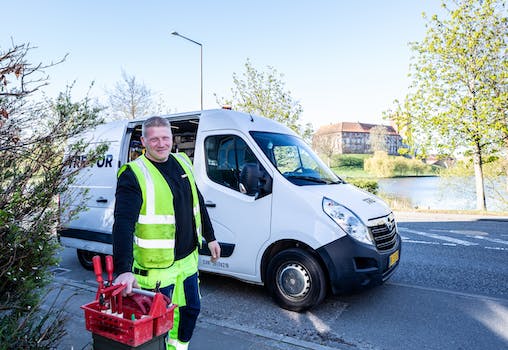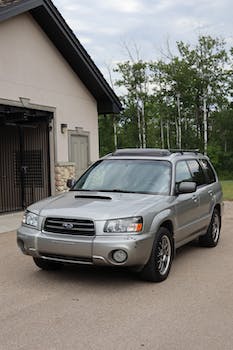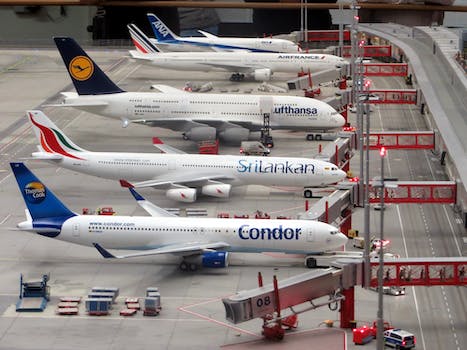Van Insurance Coverage
Understanding the Different Types of Van Insurance Coverage Van insurance is an important form of coverage for anyone who owns or operates a van. It provides financial protection in the event of an accident, theft, or other unexpected event. Understanding the different types of van insurance coverage can help you make an informed decision when … Read more






